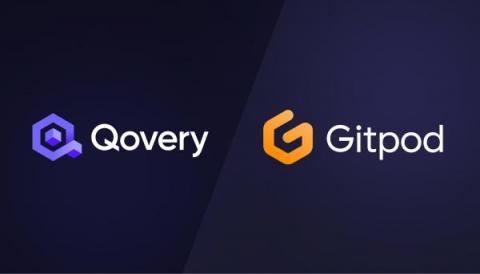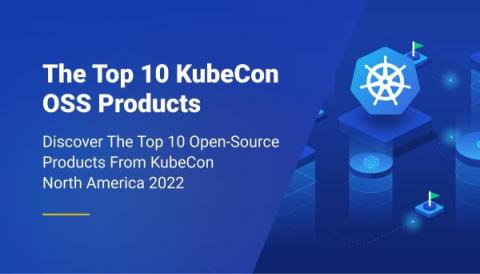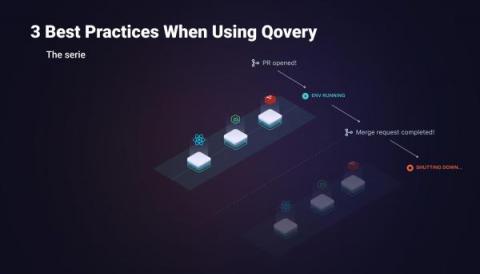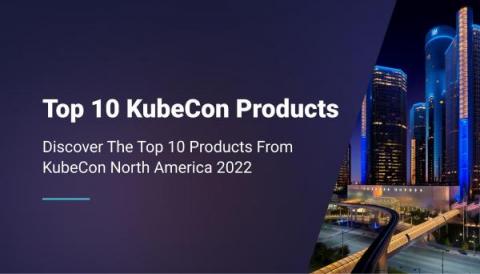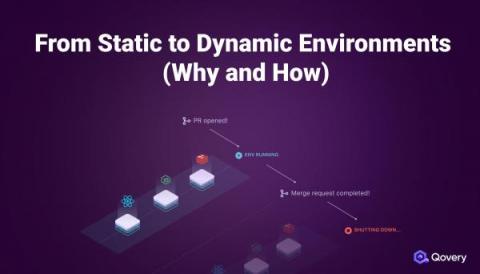Ephemeral Environments: The Modern Approach for Better and Faster Testing
Tech companies are gradually adopting the modern CI/CD flow that facilitates rapid releases and fast collaboration between team members. Traditional staging environments are being replaced with ephemeral environments because the shared staging environments do not support the culture of fast-release cycles mentioned earlier. As the traditional staging or testing environments are shared, one developer’s feature can cause bugs, making the whole environment unusable.



